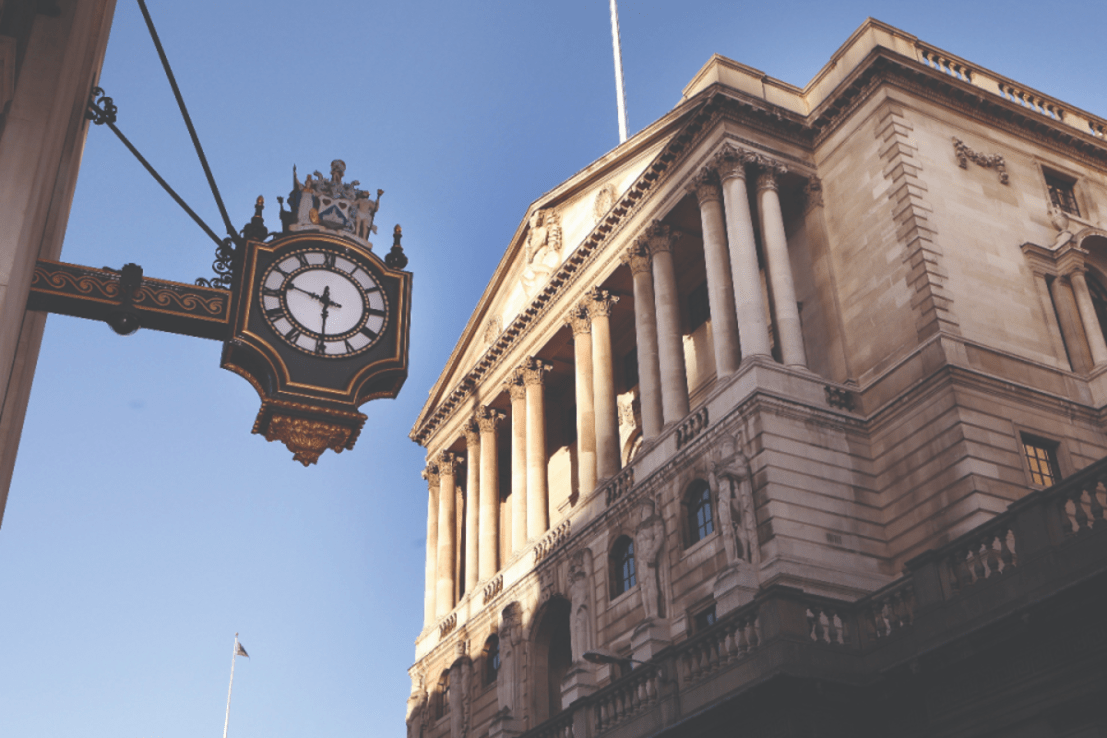
The Bank of England voted to hold interest rates at five per cent, with policymakers signalling that they would take a “gradual” approach to lowering borrowing costs over the months ahead. Eight members of the nine-strong Monetary Policy Committee (MPC) supported a hold, with only Swati Dhingra backing a second cut. The decision was widely anticipated by markets after the Bank cut rates last month, although the odds of a 25 basis point rate cut had crept up slightly in the days leading up to the decision.
Some investors thought the MPC might be tempted to wave through a second rate cut after the US Federal Reserve opted for a jumbo 50 basis point cut last night. While the Bank did not follow the Fed’s lead, Andrew Bailey, the Bank’s governor, flagged that further rate cuts were coming. “The economy has been evolving broadly as we expected,” he said.

“If that continues, we should be able to reduce rates gradually over time.” The minutes confirmed that most members of the MPC thought a “gradual approach” to dialling back restrictiveness was warranted given the state of the economy. The decision comes a day after new figures showed inflation remained just above the two per cent target, pushed up by strong services inflation.
Services inflation rose to 5.6 per cent in August, up from 5.2 per cent the month before, with the increase fuelled by a very big monthly increase in airfares.
Policymakers have flagged services inflation as a key gauge of domestic inflationary dynamics given the predominance of the services sector in the UK economy. But most economists think August’s large increase is likely to prove a temporary bump. Bank officials expect the measure to ease over the remainder of the year, even though the headline rate will pick up slightly.
Wage growth, which remains around five per cent, is also expected to fall over the coming months. Markets expect the Bank to cut rates at least once more this year, likely in November, with a December cut also on the table. Nevertheless, the minutes showed a “range of views” about the likely persistence of inflation, with some members worried that price pressures could prove “more entrenched.
” These members were worried that the economy might have experienced “structural shifts such as changes in wage and price-setting following the major supply shocks that had been experienced over recent years.” Despite this, the majority of members thought the current level of interest rates was “appropriate,” and Bailey cautioned that the MPC needed to be careful “not to cut rates too fast or too much.” Alongside the rate decision, the MPC unanimously confirmed that it would continue reducing its government bond stock by £100bn over the next year.
£87bn worth of government bonds are due to mature in the coming year, which means the Bank will actively sell just £13bn in gilts, less than half last year’s total. A slower pace of active sales should lower the short-term costs of the Bank’s bond sales, the cost of which is ultimately picked up by the Treasury. Some analysts had expected the Bank to pick up the pace of active sales over the coming year to free up more space on its balance sheet.
The Bank’s decision comes after the Fed reduced interest rates for the first time since the pandemic last night, surprising markets with a larger than usual cut. Analysts interpreted the move as a precautionary cut to ensure the economy does not suffer a major deterioration. Speaking after the meeting, Jerome Powell said : “The labour market is actually in solid condition, and our intention with our policy move today is to keep it there.
”.














